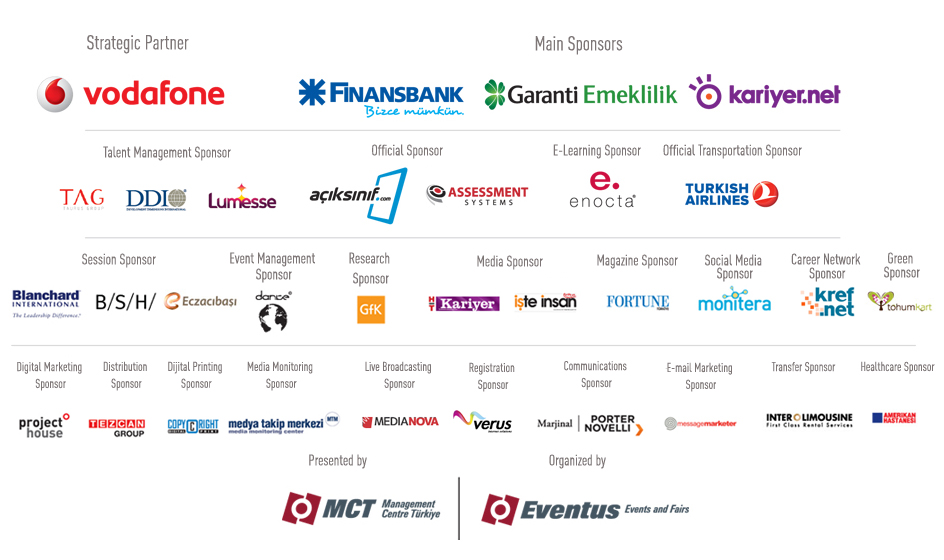|
Dr.Günaydın received his B.Arch. from Yıldız Technical University
in 1991. He studied for his M.Sc. in the area of project and
construction management at Istanbul Technical University between
the years 1991-93. Then he received his Ph.D. in construction
engineering and management from Illinois Institute of Technology,
Chicago in 1999. Dr.Günaydın has been working as a faculty
member at Izmir Institute of Technology since the year 2000.
He has been serving at different managerial posts including
chair of engineering management graduate program, chair of
department of Architecture, Vice Dean of Faculty of Architecture,
Dean of Faculty of Architecture and Vice Rector of Izmir Institute
of Technology. He is conducting research and teaching both
graduate and undergraduate courses on the subjects of project
management and total quality management. Dr.Günaydin worked
as a freelance architect between the years 1991-93, during
this time he designed and supervise the construction of apartment
and hotel buildings in Istanbul. He has both national and
international publications. He is working as a consultant
for project management systems and also participating TV programs
as an expert on project management. His references include
VESTEL Electronic R & D, PETKİM, ZORLU IT Group, and Turkish
Armed Forces Logistics School.
'Project Management System' as the powerful tool of renewal
and development
By definition projects bring renewal and development to organizations.
Many companies utilize project management for demand of new
products/services and increased competition. Project management
techniques decrease the project duration and cost of reworks
while increasing customer satisfaction, organizational learning
and teamwork efficiency. Well established techniques of project
management come from experience and analysis of successful
and unsuccessful projects. Learning these techniques at personal
level may well increase productivity of the person's work
area. Learning of these techniques as an organization does
not only mean well trained employees but also well defined
and appropriate system of project management. This system
enhances and supports individual efforts for more productive
and coordinated projects. Design and application of project
management system require three components: (1) training of
employees and briefing of upper level management on the concepts
and techniques, (2) designing custom-made project management
processes for the company, (3) forming and supporting a culture
of project management. Companies also may prefer to develop
its own software for the system or acquire and modify commercially
available software. Scientific studies done by Project Management
Institute (PMI) prove that project management systems improve
project success rates and decrease the cost of reworks. Companies
can trust and depend on project management systems if they
want to renew and develop themselves effectively and efficiently.
|
 |
 |














